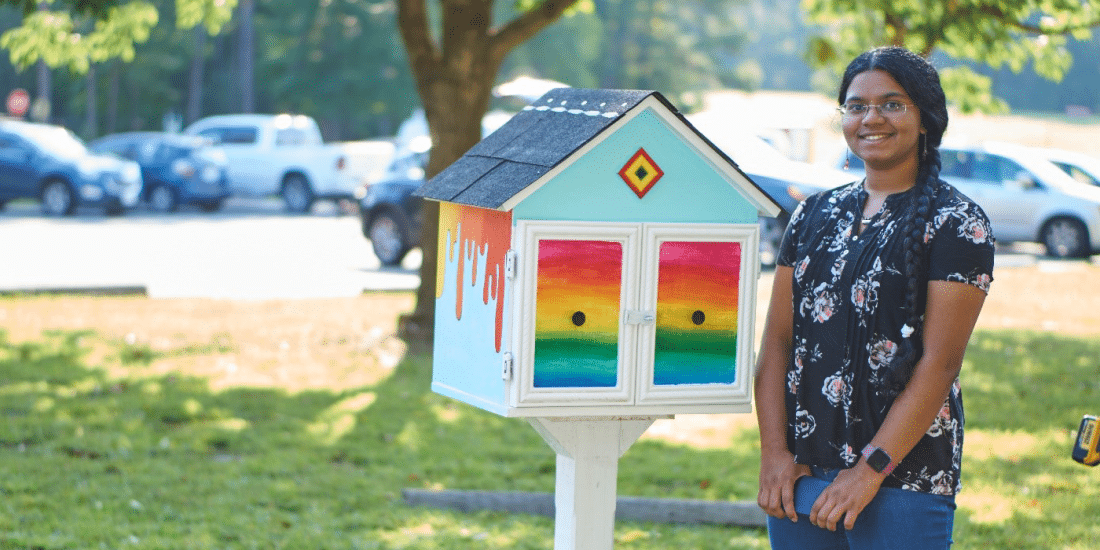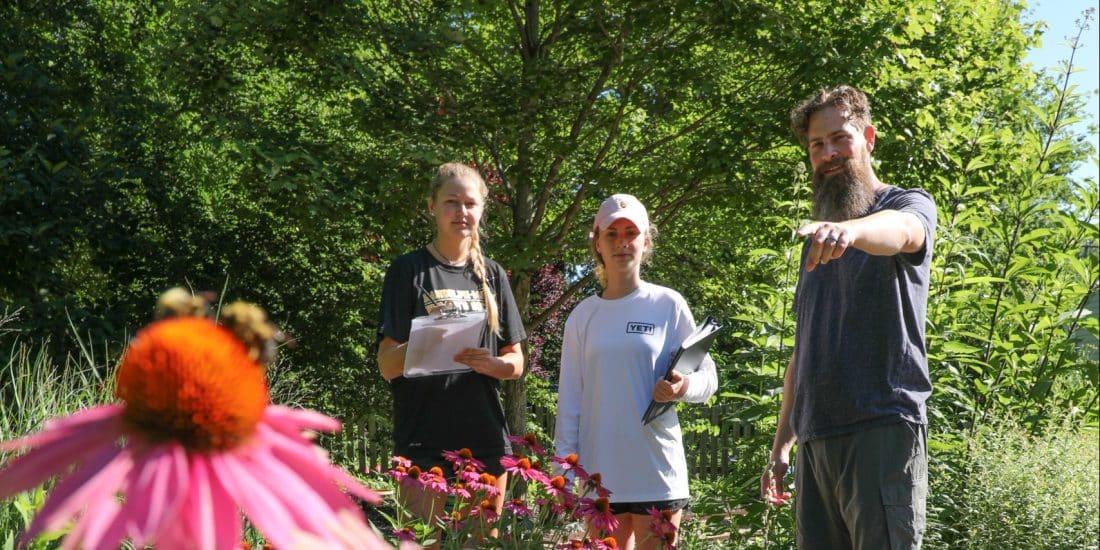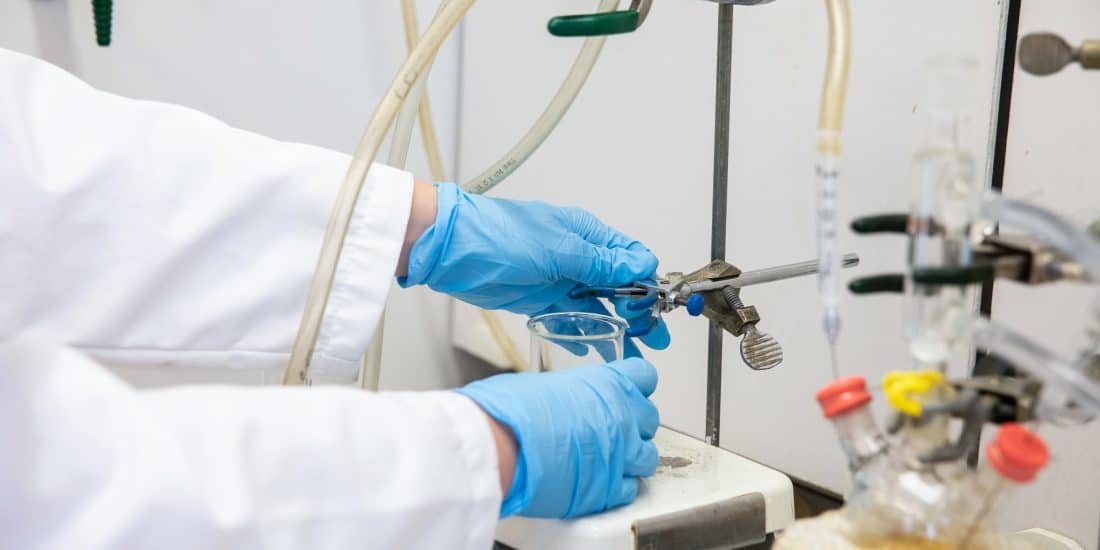As a behavioral neuroscience major or minor at RMC, you will explore the interaction of behavior with brain pathways, nervous systems and the hormonal system. In the lab and in the classroom, you have unparalleled opportunities to work closely with faculty mentors to conduct and present your own research, giving you the competitive edge in one of the fastest growing scientific fields. An interdisciplinary program, the study of behavioral neuroscience; prepares students for careers in medicine and health sciences, scientific research, government, education, and more.
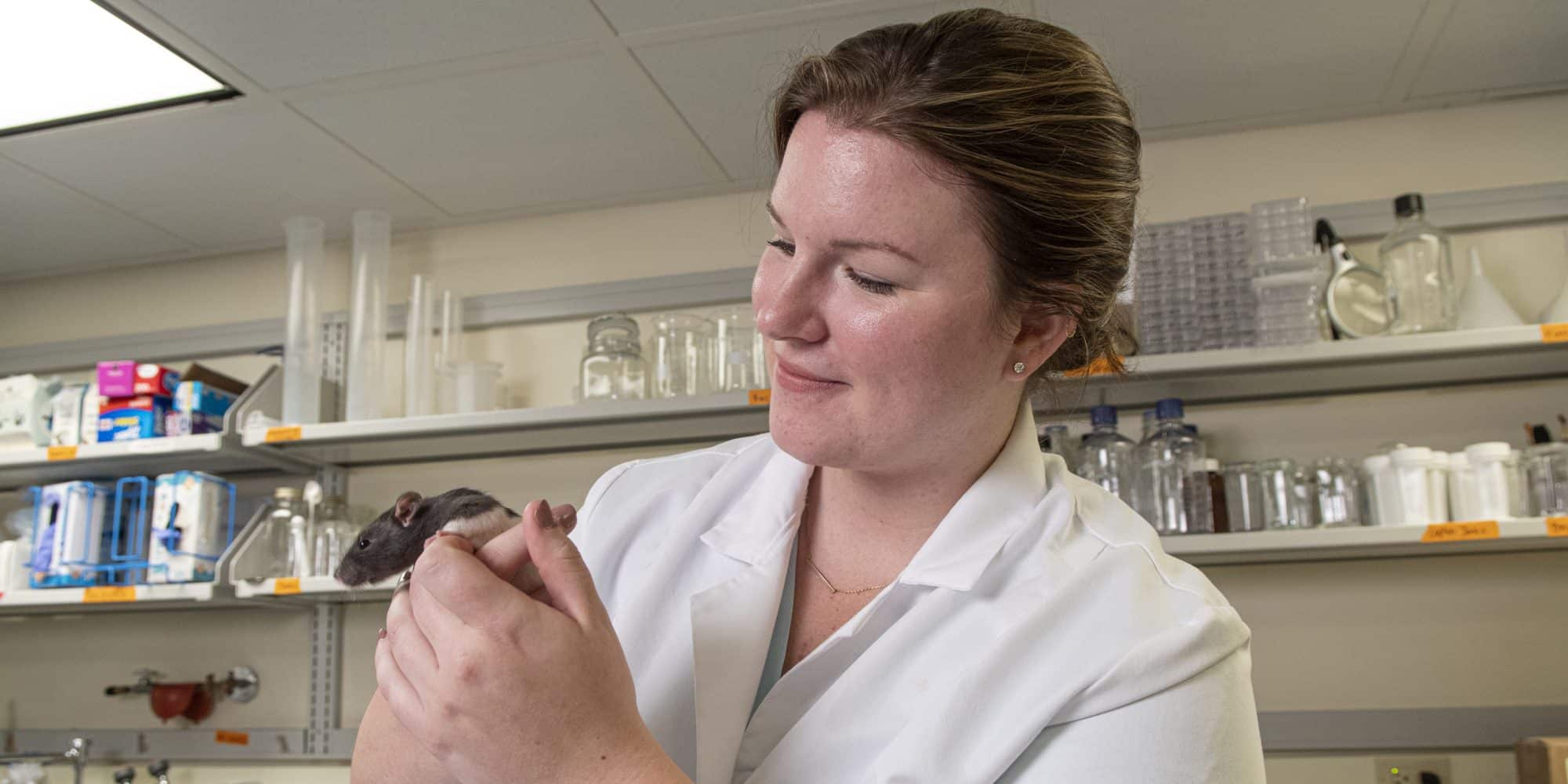
Major/Minor Behavioral Neuroscience
behavioral neuroscience
up close In and Beyond the Classroom
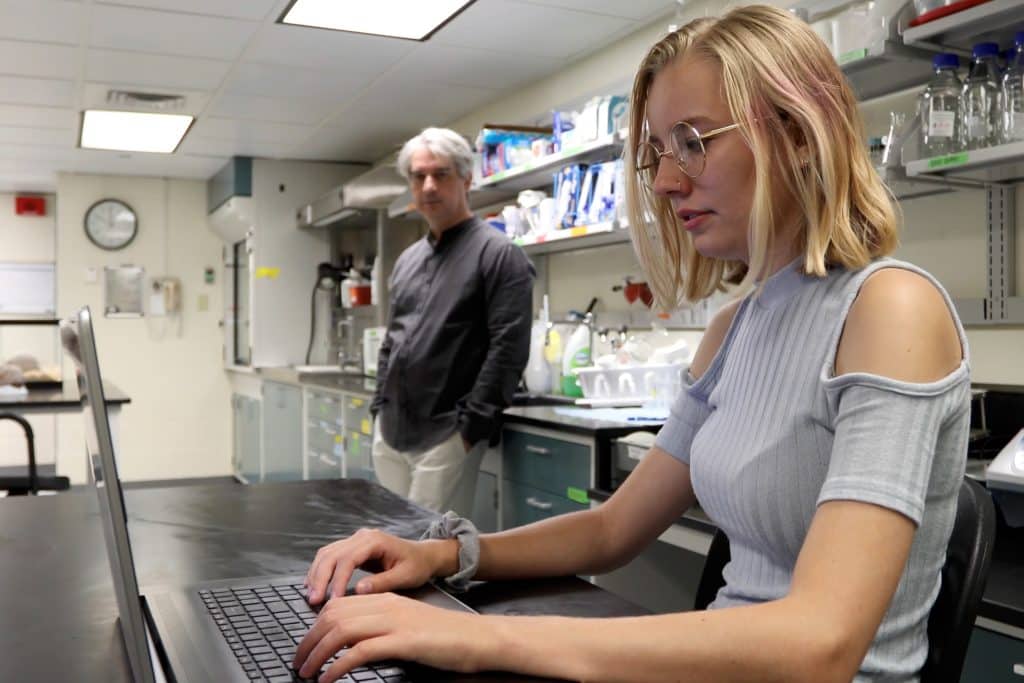
Hands-on Research
Alex Chapman ’23 worked with faculty mentor, Dr. Massimo Bardi, to study whether social play could mitigate the toxic effects of chronic, unpredictable stress in animals. Her original research found that play, and environmental enrichment, increased the expression of a beneficial resilience factor in the brains of the animals she studied. Alex presented her research at the International Behavioral Neuroscience annual meeting in Summer 2022 in Glasgow, Scotland after winning a competitive travel award from the society.
high-impact internships
RMC internships include a variety of options that reflect the many career opportunities in the field of behavioral neuroscience. RMC students have interned at:
- Center for Neurorehabilitation Services
- The VCU Institute for Drug and Alcohol Studies
- Mental Health Association of Fauquier County
- Neuropsychological Services of Virginia
- Speech Connections Rehabilitation Center
- Healing Sounds: Music & Art Therapy
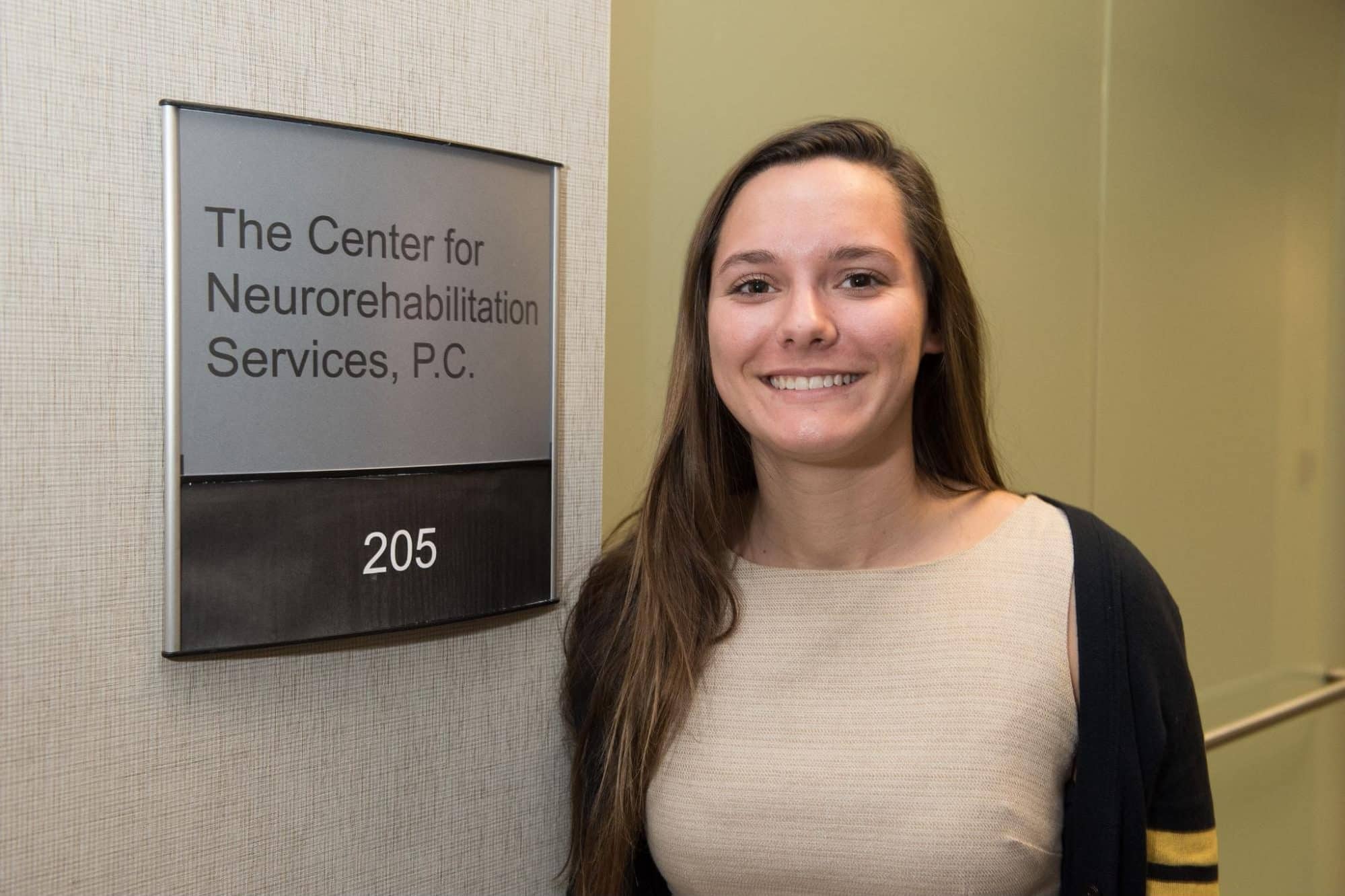
– Chelsea Daniels, former intern at the Center for Neurorehabilitation Services in Richmond, Virginia
facilities
Our excellent academic and student research preparation explains why behavioral neuroscience majors at RMC have excellent placement success in medical and doctoral graduate programs. These hands-on programs take place at:
- The RMC laboratory animal research (mice and rats) neuroscience lab on campus
- Our satellite primate lab in Miami, FL
Advising and Mentorship
Small classes and the one-on-one research opportunities that abound in Randolph-Macon’s behavioral neuroscience program are thanks to engaged faculty (never TAs!), who teach 100% of the courses in the program. Celebrated scholars in their own right, they help guide majors and minors through their academic journey and, indeed, well beyond.
-
1of only two neuroscience programs in liberal arts colleges in Virginia
-
10weeks can be spent conducting undergraduate behavioral neuroscience research as part of the Shapiro Undergraduate Research Fellowship
-
13%the fast rate neuroscience jobs are growing each year
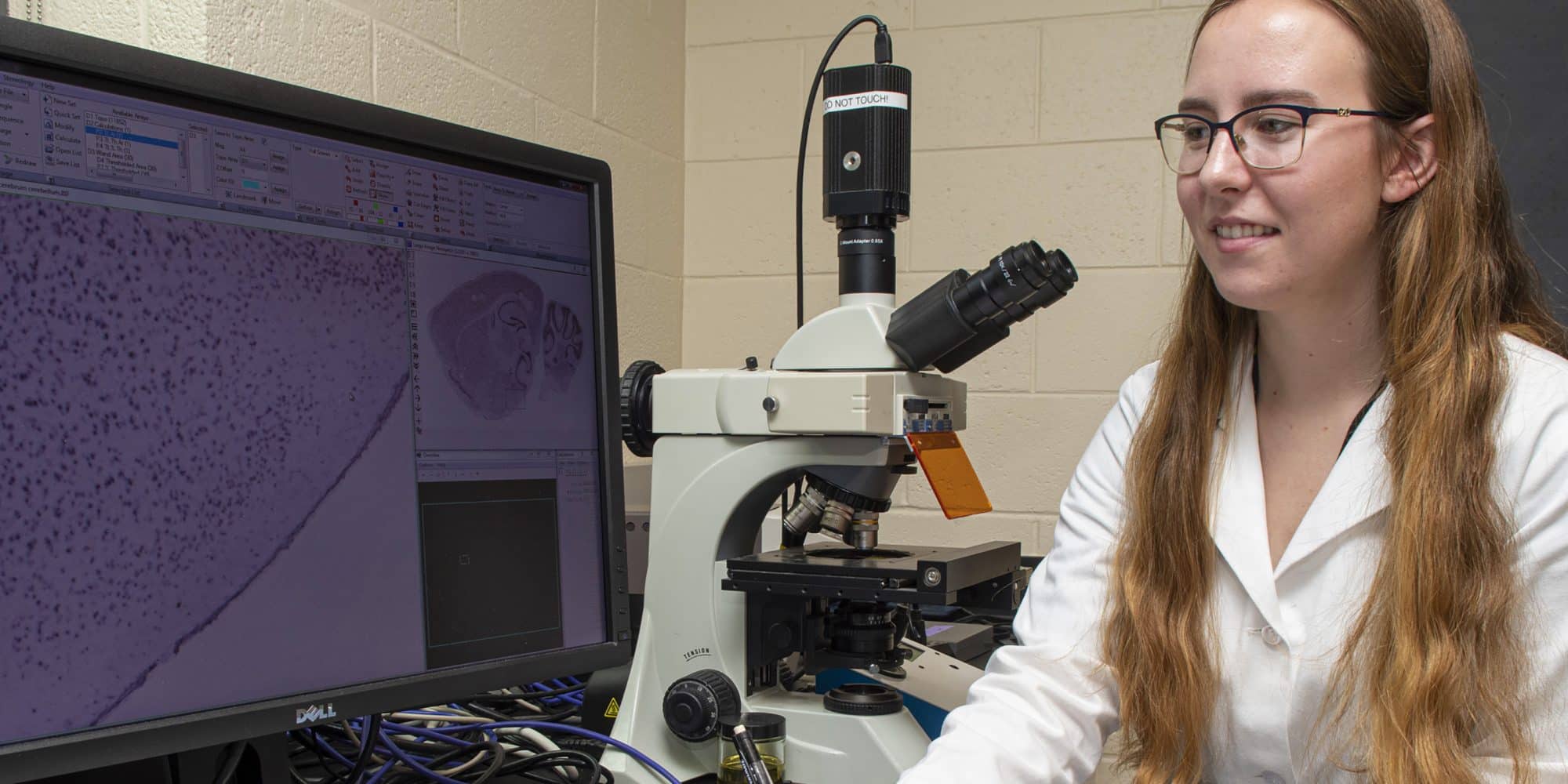
behavioral neuroscience
in full Courses You Won’t Want to Miss
NSCI 120
This Emotional Life
Explore neuroscience research on emotional regulation and learn how we can improve our social relationships, learn to cope with problems like stress and anxiety, and become more positive and resilient individuals.
PSYC 321
Clinical Neuroscience
Learn the neurobiology of mental disorders such as depression and schizophrenia, as well as psychoneuroimmunology, stress and coping, nervous system repair/recovery, and the therapeutic potential for self-directed neuroplasticity.
PSYC 325
Psychopharmacology
Study the actions of drugs and their effects on living organisms; and learn how drugs interact with proteins in the brain to initiate psychological and behavioral responses.
Opportunities Worth Grabbing
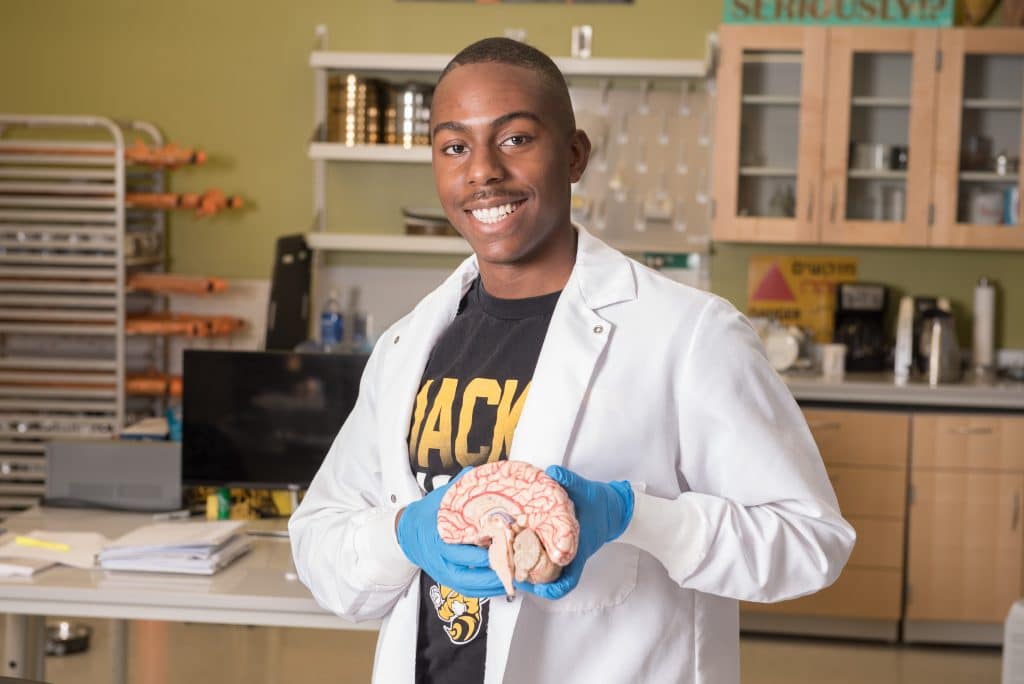
Neuroscience club
Nu Rho Psi Honorary in Neuroscience
Psi Chi Honorary in Psychology
Tri Beta Honorary in Biology
From Here To What you can do with a Behavioral Neuroscience degree from RMC

Syreen Goulmamine ’19
Master’s Degree in Public Health Candidate
George Mason University
“My RMC experience taught me that success in my career journey is not just about what I learn in the classroom, but also about the relationships I build and the experiences I have. The dedicated professors, staff, and alumni at RMC provided me with the support and guidance to not only excel as a collegian, but also to develop important professional and life skills. Specifically, my lasting relationships with professors both within and outside of my majors have left a lasting impact and really speak to the liberal arts education we receive at RMC.”
Sabra Klein ’92 Ph.d
Professor, Department of Molecular Microbiology and Immunology
Co-Director, Center for Women’s Health, Sex, and Gender Research
Johns Hopkins School of Public Health
Erica Glasper Andrews ’02 PH.D
Associate Professor, Department of Neuroscience
Ohio State University College of Medicine
Steven Neal ’18
Medical Student
National Institutes of Health and University of Virginia School of Medicine
Ian Browning ’20
Student, Doctor of Physical Therapy program
Old Dominion University
Emily Kirk Sullivan ’16 PH.D
Post Doctoral Fellow, Alcohol Studies
University of North Carolina at Chapel Hill
buzzworthy The Latest From RMC Behavioral Neuroscience
RMC Announces Inaugural Winners of the 10 Under 10 Awards
The 10 Under 10 Awards were established by Randolph-Macon’s Young Alumni Board to recognize young alumni who have achieved remarkable success…
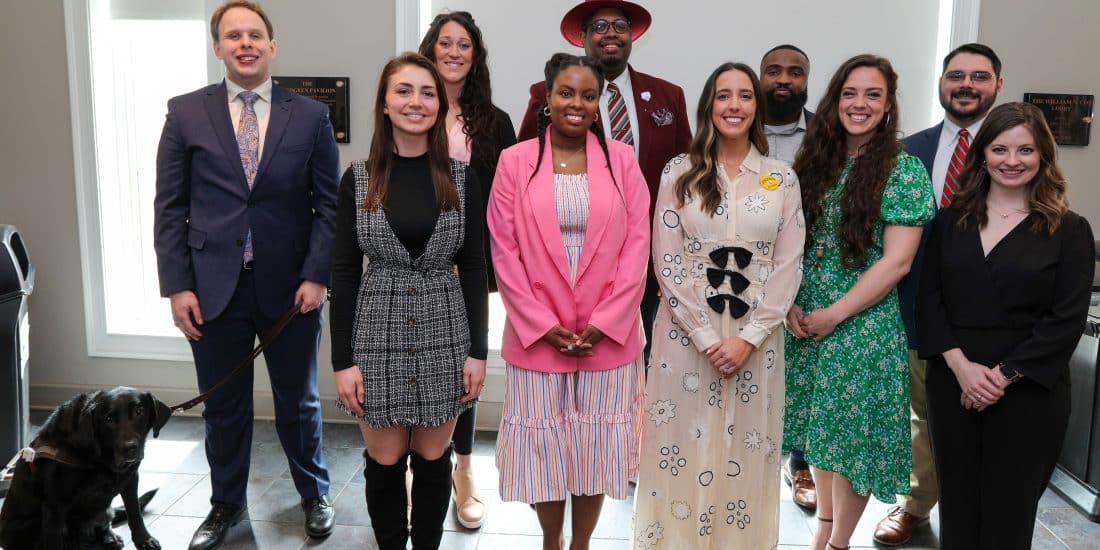
From Pickleball to Psychobiology, J-Term Gets Students Up Close to Unique Coursework
January Term, known affectionately to Yellow Jackets as “J-Term,” is a unique part of the Randolph-Macon academic experience. The four-week,…
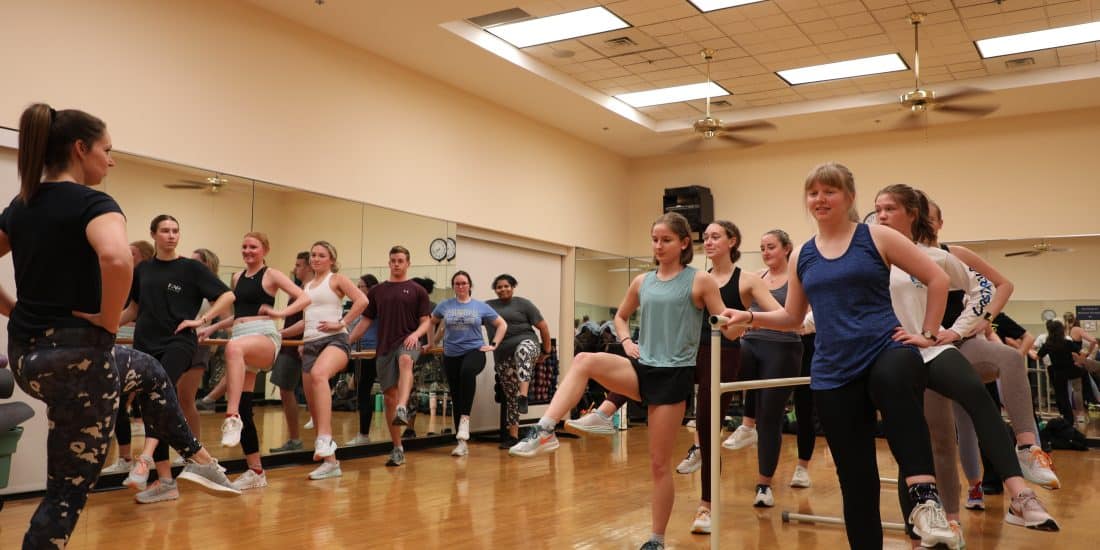
Promoting Peace Through Art Therapy
Rithanya Saravanan ’24 believes that art has a therapeutic power to relieve stress. Through a Projects for Peace grant awarded for…
